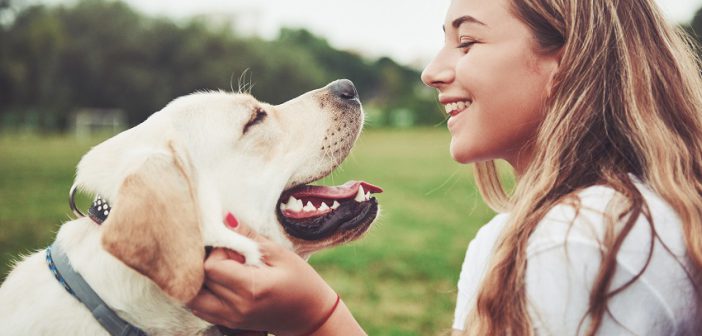Introduction
In today’s fast-paced world, where humans and pets lead increasingly busy lives, ensuring the health and wellness of our beloved animals is more important than ever. Our pets depend entirely on us for their well-being, making understanding and implementing comprehensive wellness practices essential. This care involves multiple facets, each vital in maintaining a pet’s health. Routine checkups at facilities such as a veterinary hospital in Highland Heights Kentucky, form just one piece of the health puzzle. Recognizing and addressing behavioral changes, ensuring proper nutrition, and encouraging physical activity comprise others.
This guide emphasizes the importance of a holistic approach to pet care, focusing on preventive measures, diet, and lifestyle. It highlights the need for regular veterinary care, nutrition, exercise, and other elements to ensure optimal pet wellness, ensuring a long, healthy life for your animal companions.
The Role of Regular Veterinary Checkups
Pets should not only visit the vet when they show signs of sickness, but routine checkups are crucial for preventive care. These checkups enable vets to spot possible health concerns before they become serious, allowing for early disease management and treatment. The American Veterinary Medical Association highlights the value of these visits as part of a proactive approach to pet health. Regular examinations address visible symptoms and analyze the pet’s overall physical condition, including dental health and heart functionality. This comprehensive analysis guides veterinarians in crafting tailored healthcare strategies for individual pets, preventing severe conditions from developing and reducing long-term medical costs.
Nutritional Needs of Your Pet
A nutritious diet is crucial for your pet’s well-being and differs based on species, breed, age, and lifestyle. Obligatory carnivores like cats need a high-protein diet with taurine, while dogs thrive on a varied diet with proteins, carbohydrates, and fats. Tailoring a pet’s diet to meet its specific needs can prevent health problems like obesity, dental disease, and diabetes. Proper nutrition is a significant contribution pet owners can make to their pet’s overall well-being.
Physical Exercise and Its Impact on Pet Health
Regular physical exercise is crucial for pets’ physical and mental well-being. It helps maintain an optimal weight, promotes a healthy cardiovascular system, and prevents joint issues. Exercise routines should be tailored to the pet’s breed, age, and abilities. Engaging in regular physical activities not only prevents obesity but also reduces the risk of health problems like diabetes and heart disease. Walking, interactive play sessions, and agility exercises can promote fitness. Keep exercise fun and integral to the daily regimen, as dogs and cats respond well to activities like running and fetch.
Identifying Behavioral Health Changes
Behavioral changes in pets often serve as the first indicators of underlying health issues. Observing shifts in behavior can be a handy tool for spotting potential problems before they become severe. Interpreting these signs correctly can lead to swift and appropriate interventions.
Some notable behavioral changes may include shifts in appetite, sleep patterns, or litter box habits, which could indicate physical and emotional health concerns. Addressing these behavioral issues means understanding the animal’s environment and social interactions.
Impact of Mental Health on Pets
While physical health often takes the spotlight, mental health is equally crucial for pets. Cognitive stimulation and companionship are key to a pet’s happiness and overall wellness. Activities such as puzzle games, training sessions, and social engagement can substantially improve a pet’s mood and mental acuity.
Signs of mental distress, like stress or anxiety, might include excessive grooming, withdrawal from social settings, or inappropriate elimination. Addressing these issues requires ensuring a stimulating environment, stability in routines, and providing opportunities for social interaction. Combatting anxiety and promoting mental health often involves understanding and adapting to the pet’s needs and preferences.




